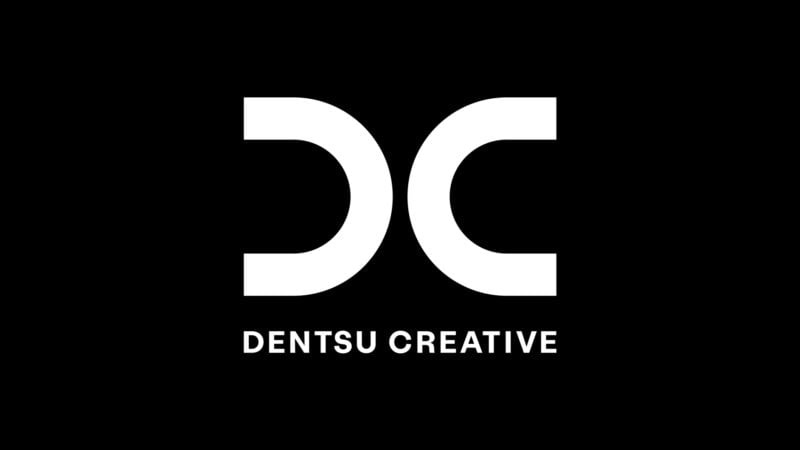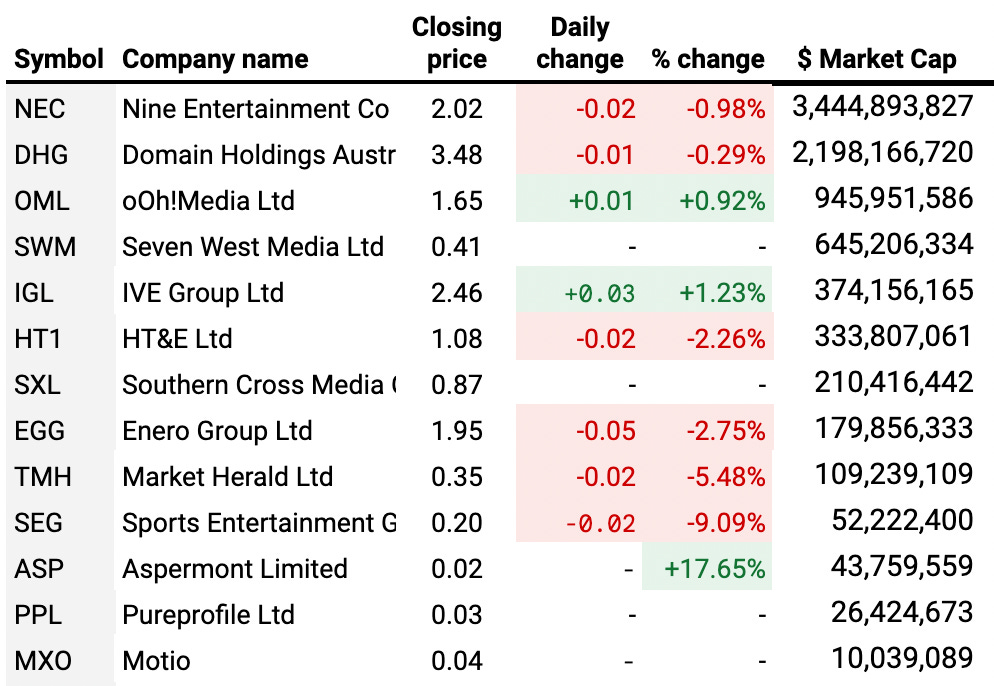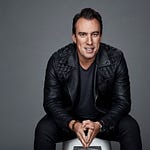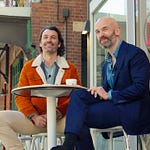Welcome to an audio-led edition of Unmade.
Today’s edition features an interview with Kirsty Muddle, boss of Dentsu Creative, the biggest holding company yet to move to a single brand model.
Below, there’s also an update on The Unmade Index, on a third down day.
Unmade is less than two years old and growing fast. Our ability to deliver our independent commentary and analysis is because of the support of our paying members. Sign up today and access all of our paywalled content too.
One year in; Kirsty Muddle on the remaking of Dentsu Creative
Tim Burrowes writes:
The biggest implication of Dentsu’s creative rebrand deserved more attention than it got when it occurred last June.
The company was the first holding company of any significant size to move to a single global creative brand. Globally, that meant folding in DentsuMcGarryBowen, Isobar, 360i and its Dentsu-branded creative agencies. In Australia, this also included BWMdentsu, Isobar and PR agencies Haystac, and Cox Inall.
From the point of view of legacy, the disappearance of BWM, the people who brought us Rabbits (or Father & Son as it was officially known) was perhaps the most significant.
The bigger question: Is this the future of agencies? Not just a single creative brand, but with PR folded in too.
During our interview, Muddle argues that the key justification is for their benefit of clients - simplicity. No more “splinter cells”.
There is more to it than client-friendly simplicity. The major holding companies own more agency brands than they need, or are even viable in a world where marketers spend less with agency partners every year quarter.
If Dentsu’s logic is extended to its rivals, then the end point would see the already merged brands of WhiteGrey, VMLY&R and Wunderman Thomson eventually folded into WPP Creative; DDB, TBWA and BBDO merged into Omnicom Creative; Saatchi & Saatchi, Leo Burnett and co become Publicis Creative, and so on.
That’s easier to achieve for Dentsu, particularly in Australia, when it starts with fewer brands in the first place.
Is it a strategy that agency groups would ever recommend their own clients follow? A lot of valuable heritage agency brands have vanished. Imagine if instead of Dove, OMO and Hellman’s we just had Unilever soap, Unilever washing powder and Unilever mayo. During the interview, Muddle argues that sometimes the answer is yes.
This may well be the end point for agencies, which are in their final years as we know them now. The multi agency group was an accident of their evolution - independents were acquired more for their client lists than they were for their output, so it made sense not to change the name above the door if it would risk that. And it was an answer to the perception that client conflict was insoluble within a one-brand agency group.
During the interview, Muddle makes the point that when auditors or lawyers do it, they call it specialising.
The value for brands of driving one idea through the earned media of PR and the paid media of advertising is also underrated. The few groups that have done it well needed both the right structure and creatives in place to achieve it. We’ll see whether Dentsu Creative can do it.
For Dentsu, if the proof is in the work, we’re still waiting. Muddle joined a year ago; joint chief creative officers Avish Gordhan and Mandie van der Merwe came on board six months ago. Muddle argues in the interview that it takes 18 months for defining work to make its way down the pipeline.
One answer from Muddle - who comes from more of a media than creative background - captures her pragmatic approach. “Do I understand and worship creativity in the same way? The truth is, I don’t worship it in the same way. I really value creativity, I absolutely do, but the way it comes to life now is different to the way it once did.”
Culturally, that’s a good thing. Many of the internal problems the advertising industry suffered came from putting creative teams on some sort of pedestal. A dose of respect rather than worship is what the industry needs.
Listen to the interview on the embedded player, or on the podcatcher of your choice
Unmade Index: Bad day at SEN Towers
Seja Al Zaidi writes:
Sentiment remained negative on the Unmade Index yesterday, with the ASX’s listed media and marketing companies falling by another 0.59% to 686.0 points, the third day of falls in a row.
The biggest fall in the index was seen by Sports Entertainment Group, owner of the SEN radio network, which fell by more than 9%.
B2B publisher Aspermont - one of the smaller stocks on the index - rose by a sizeable 17.65%. IVE Group and Ooh Media were the only other stocks to go up.
Time to leave you to your Thursday.
Audio production was courtesy of Abe’s Audio, the people to talk to about voiceovers, sound design and podcast production.
Message us: letters@unmade.media
We’ll be back soon
letters@unmade.media

















